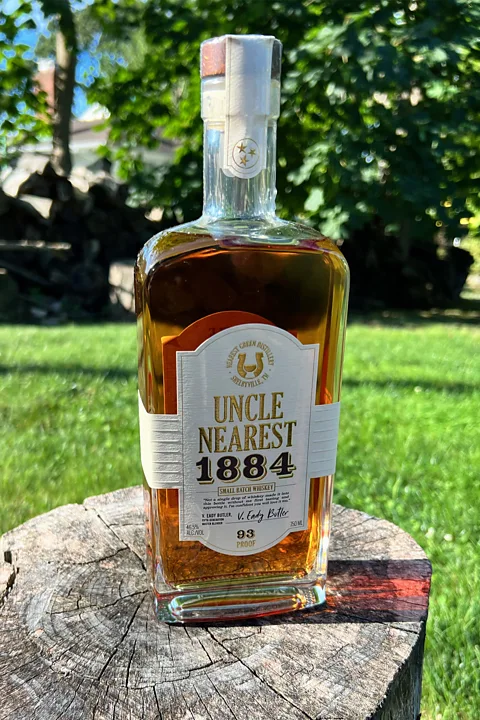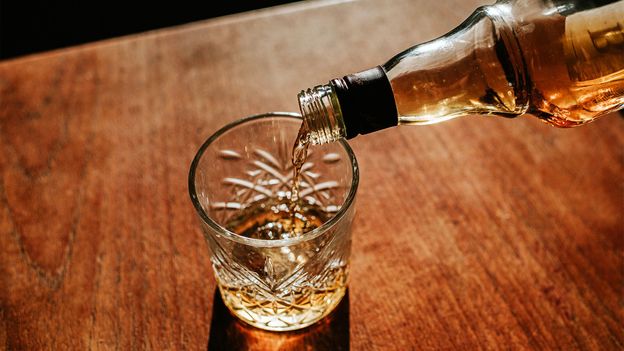He skipped Belle Meade though, a distillery named for a plantation that had played a part in black suffering during the time of slavery, but does little today to confront that history, Ramos said. Rebel Bourbon was another pass, as the Confederate soldiers were infamously nicknamed “rebels”. (The company had recently changed their name from Rebel Yell, which was the battle cry used by the Confederates during the Civil War.)
Other distilleries have complicated stories, too. Bulleit, a distillery under multinational beverage company Diageo, was being sued by its former blender Eboni Major, whose whiskeys, like Blenders‘ Select, were winning awards for the company. Major, who is black, had alleged she was discriminated against by the company and her co-workers. Despite her success as a blender, she also claimed to be unfairly compensated, well below the average pay for her job title. She has since dropped the lawsuit.
 Noah Lederman
Noah LedermanAlong with curating thoughtful whiskey tours, Ramos also hosts tastings. A few months ago, he showed up to Roshaunda Breeden’s house with a box of some of his favourite bottles. Breeden, a university professor whose research interests are in black history and culture, had called Ramos to host a date-night rye whiskey tasting for her and her partner. During the blind tasting, Breeden also received an unexpected history lesson. It was the first time she’d heard about the influences black Americans have had on the whiskey industry.
Growing up, Breeden was not a drinker. “In the Christian tradition, you don’t drink alcohol or talk about it,” she said, alluding to her upbringing in the region commonly known as the Bible Belt. “In learning that we have cultural roots in whiskey… that changes the game.”





